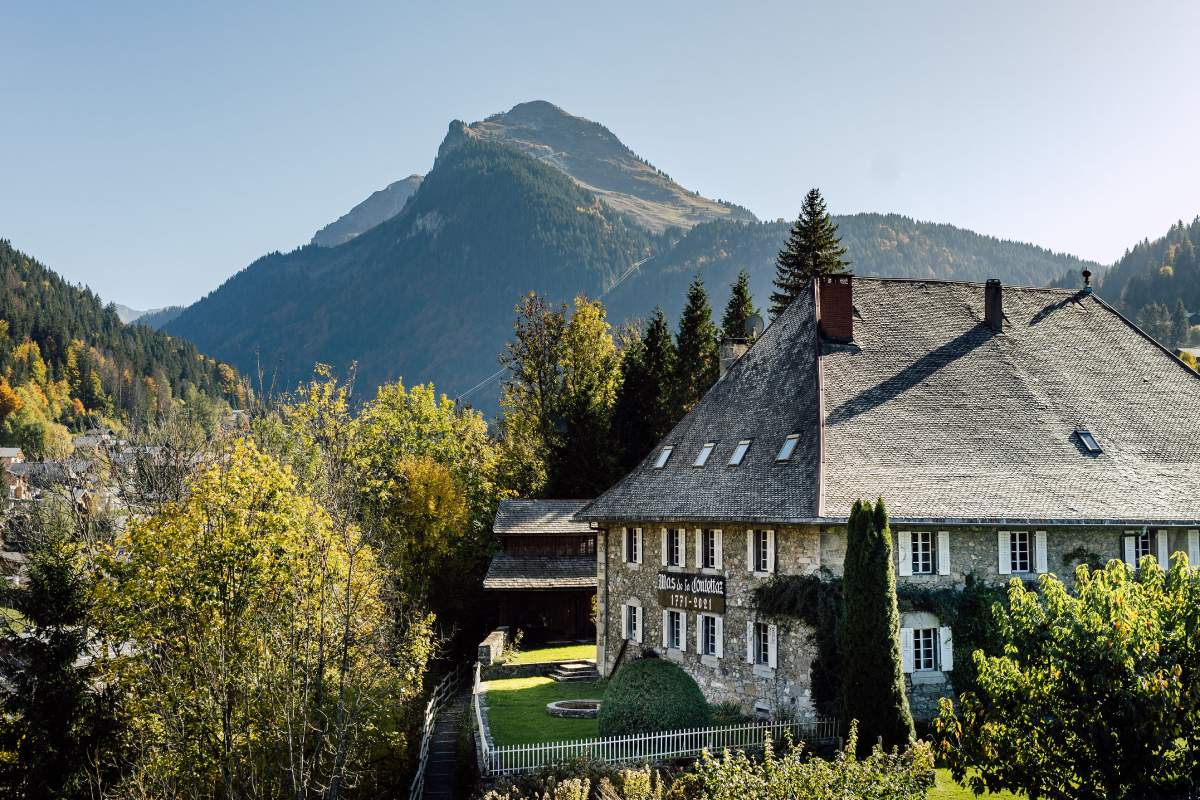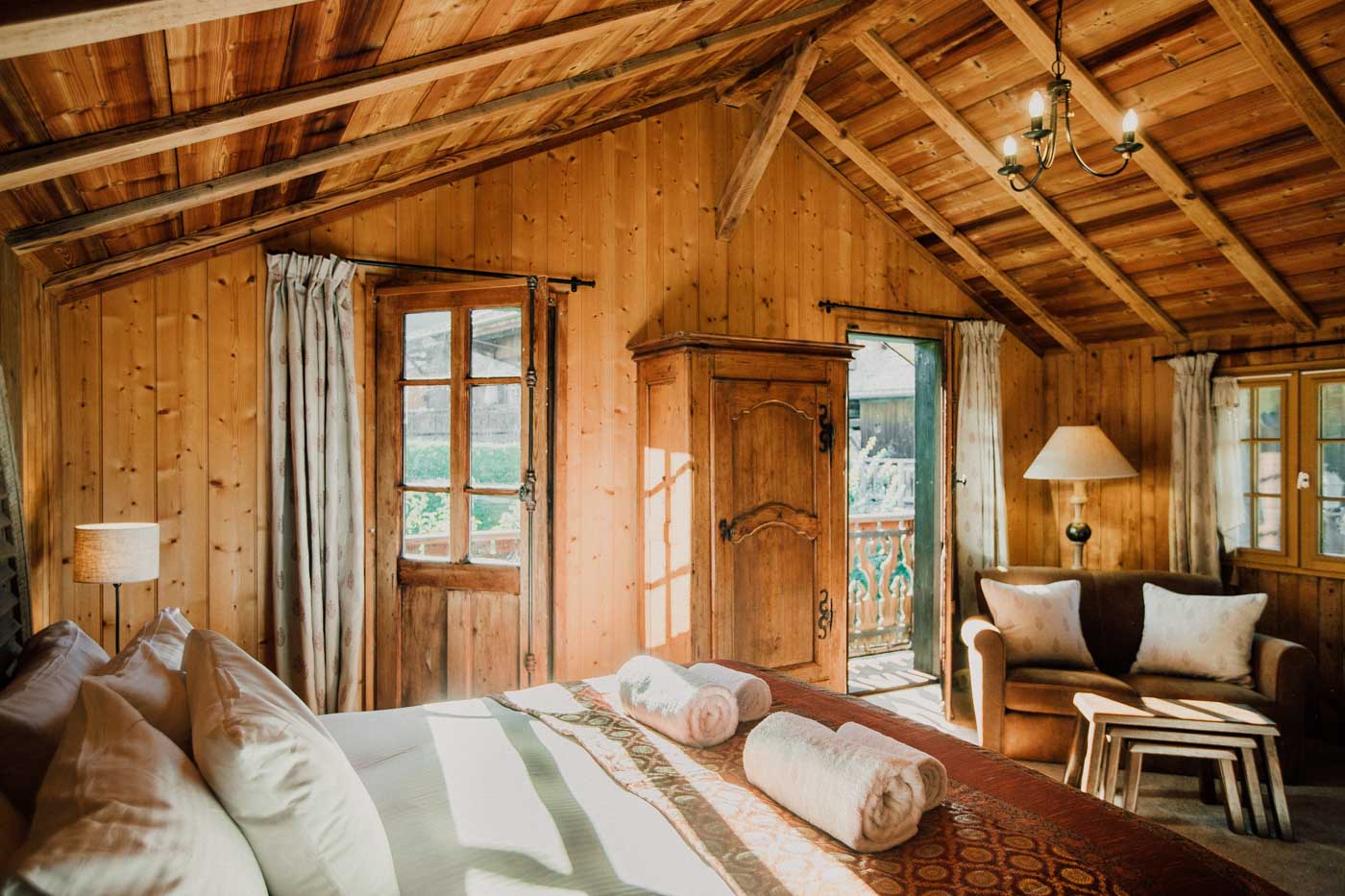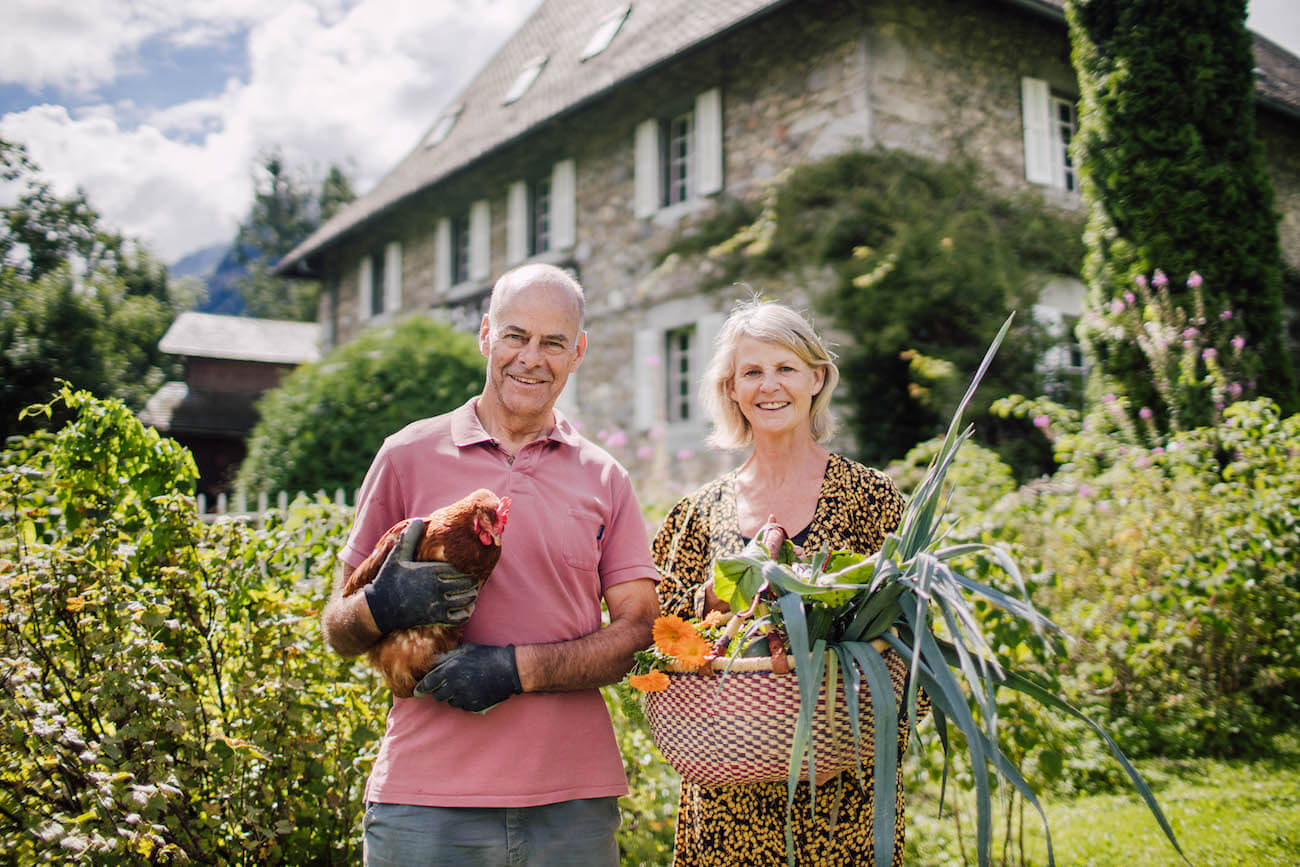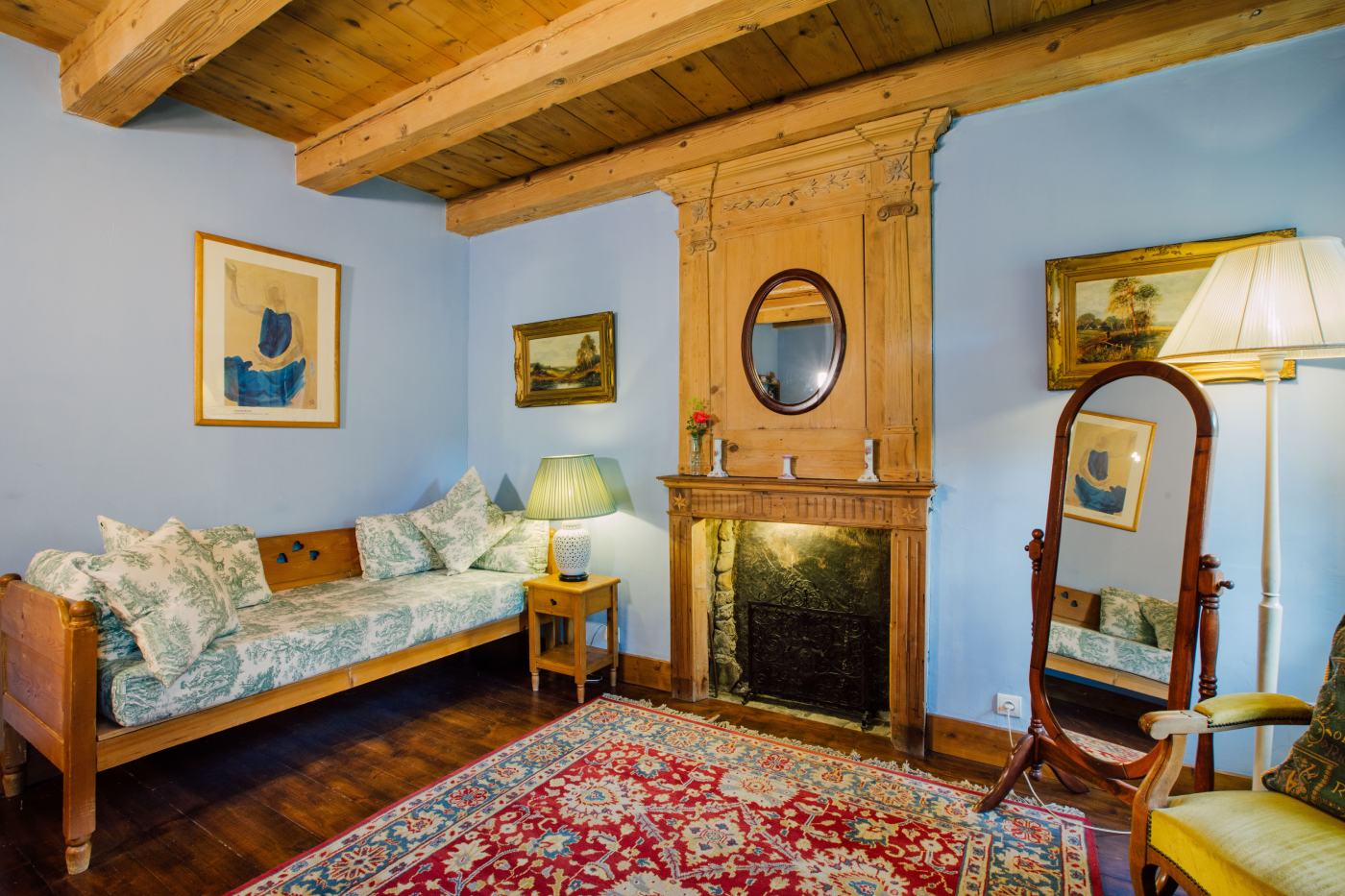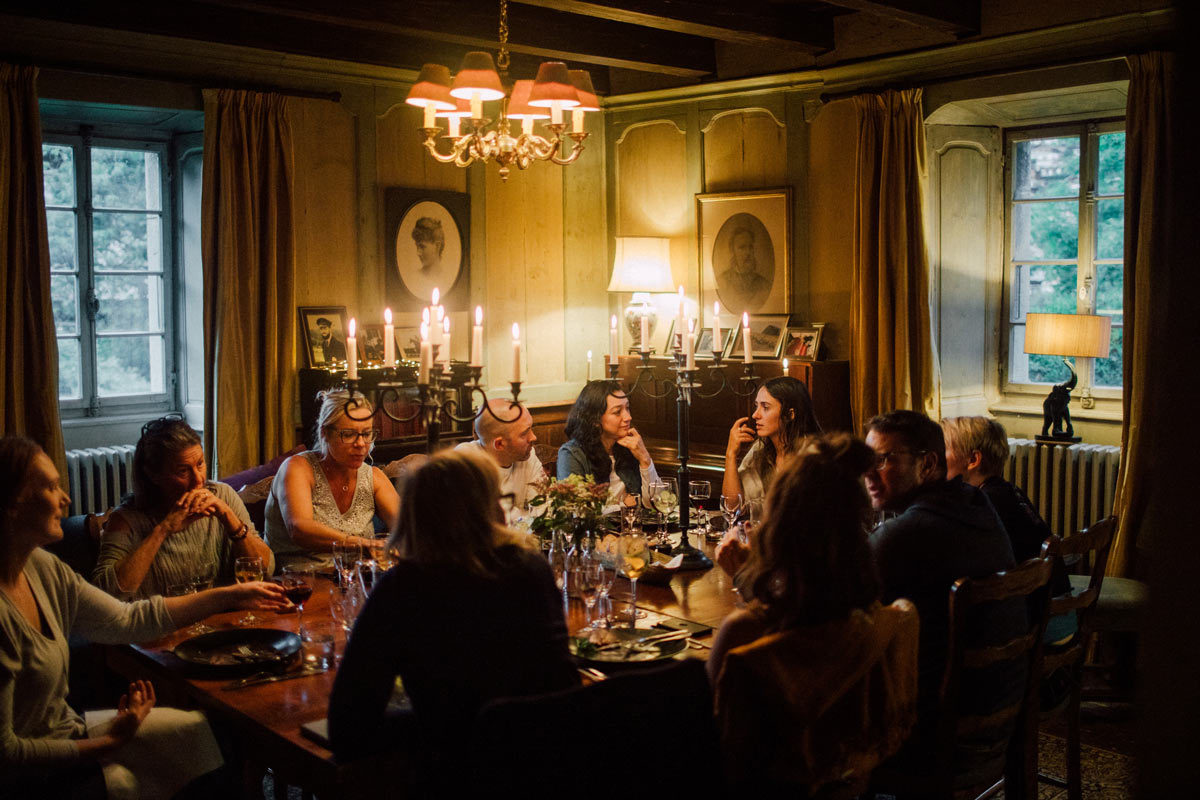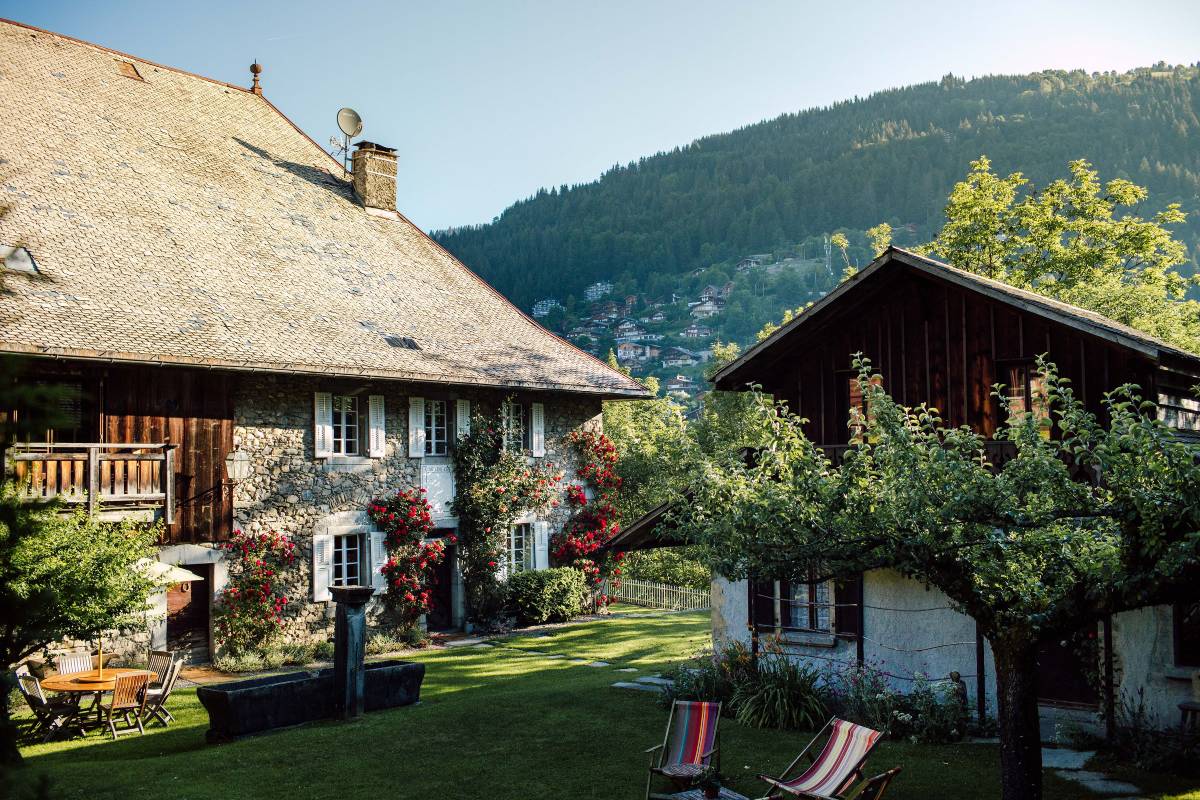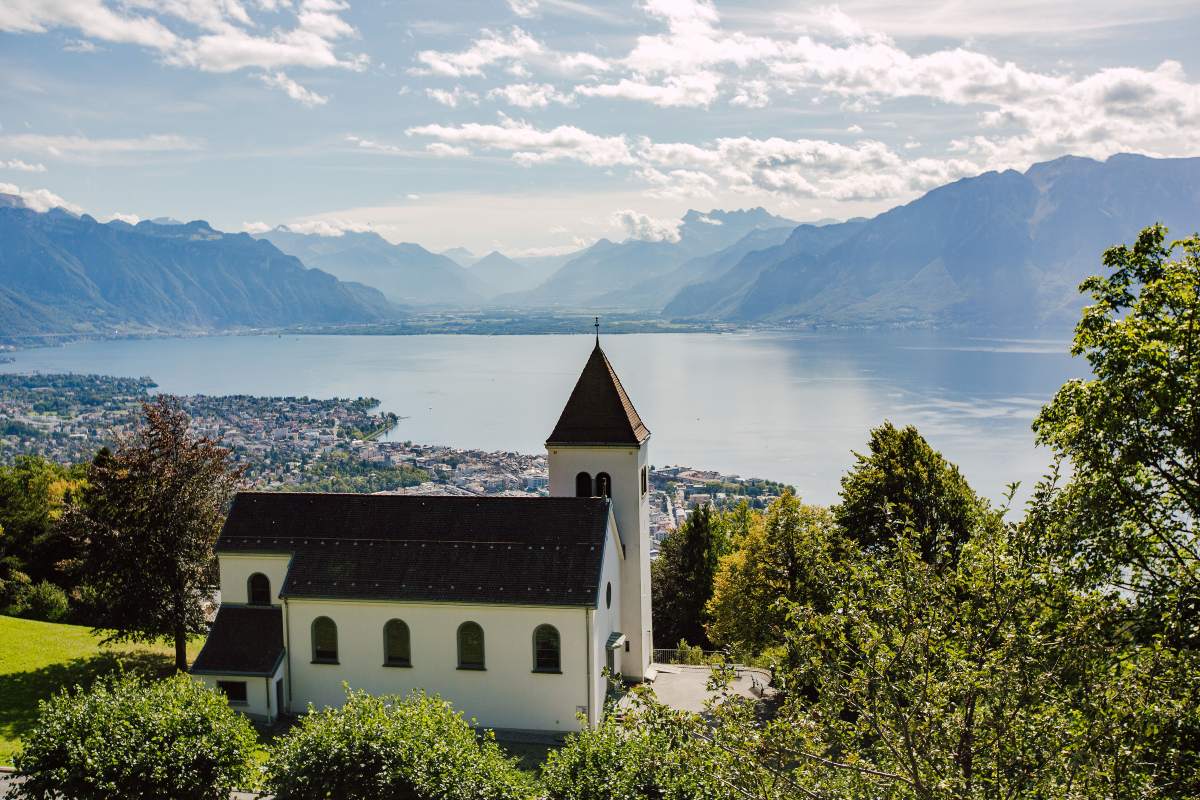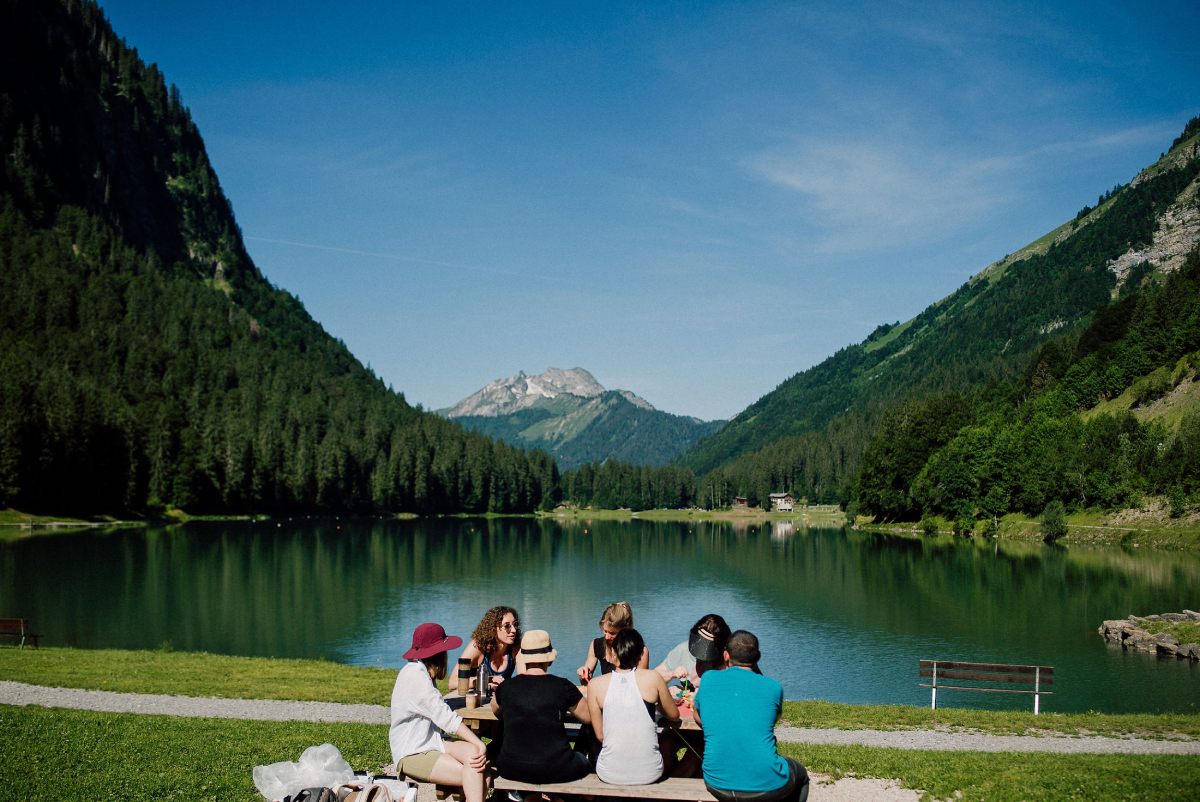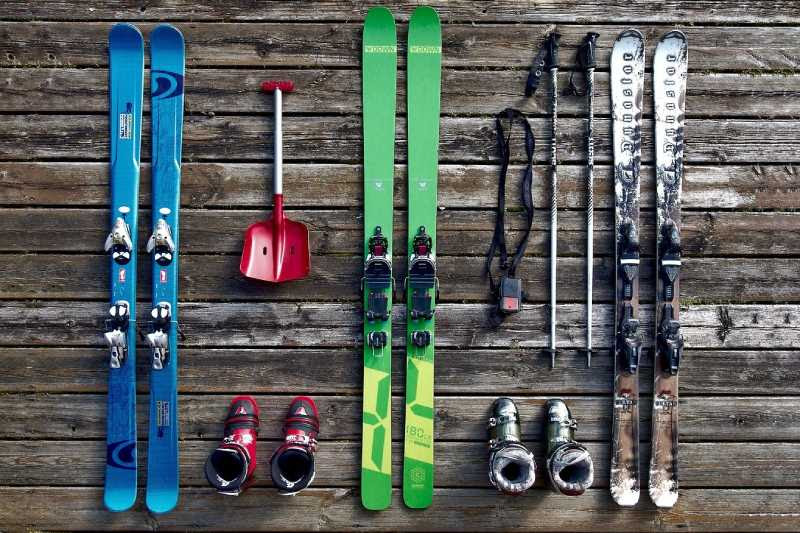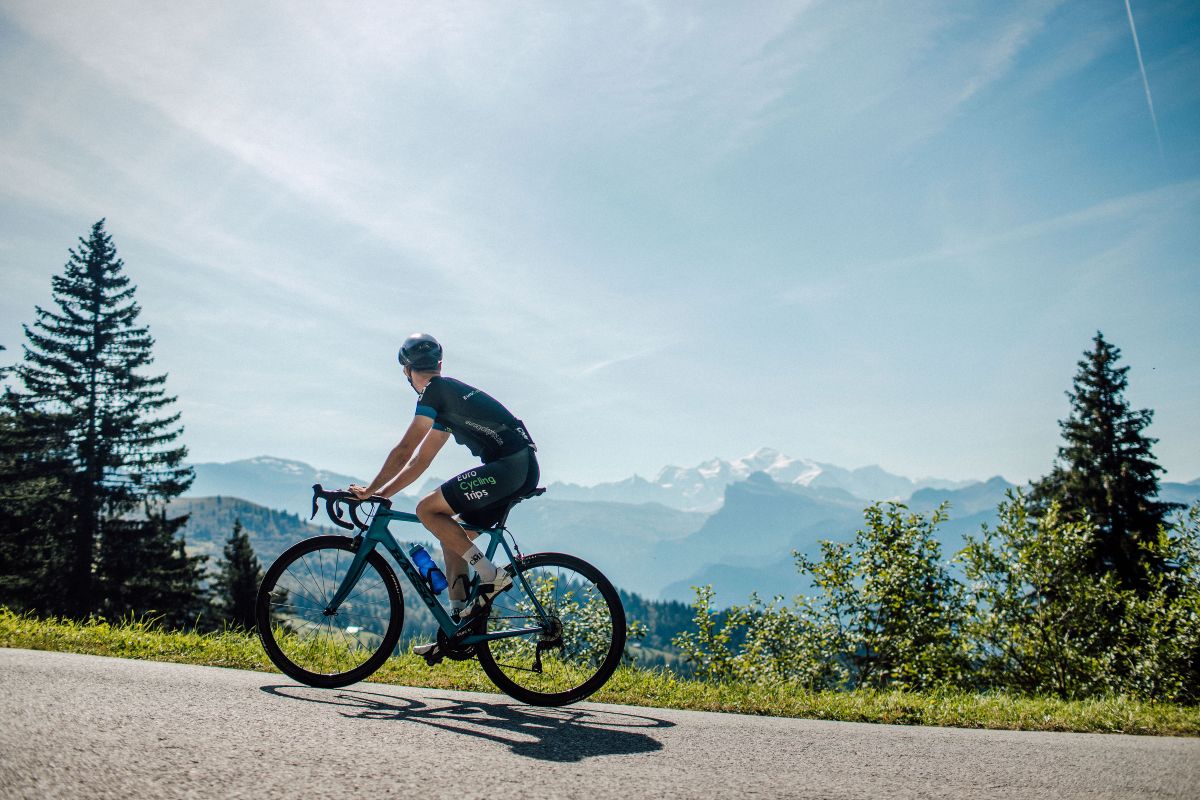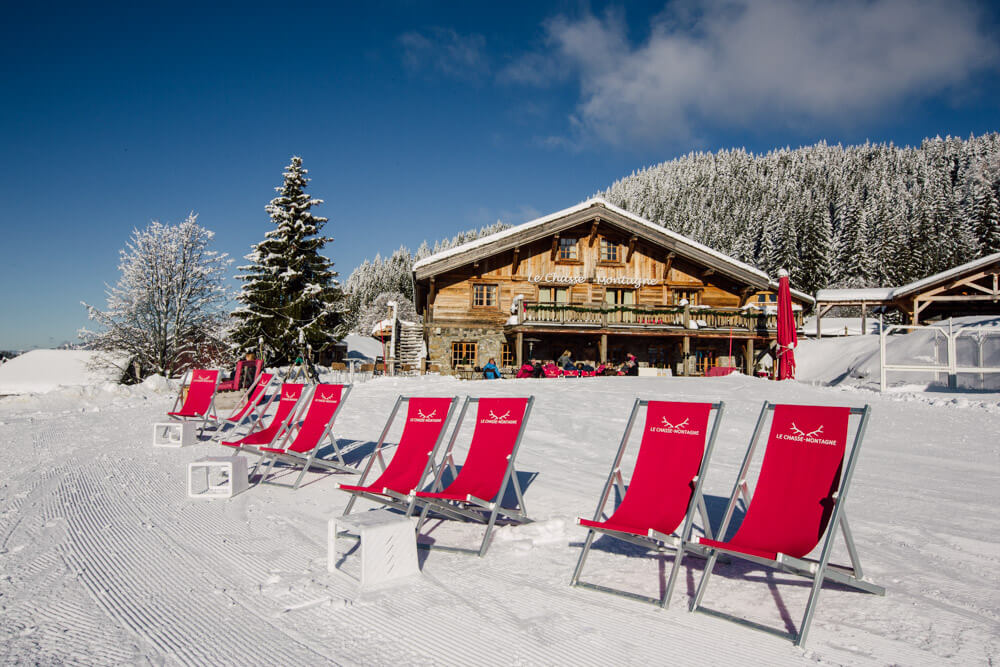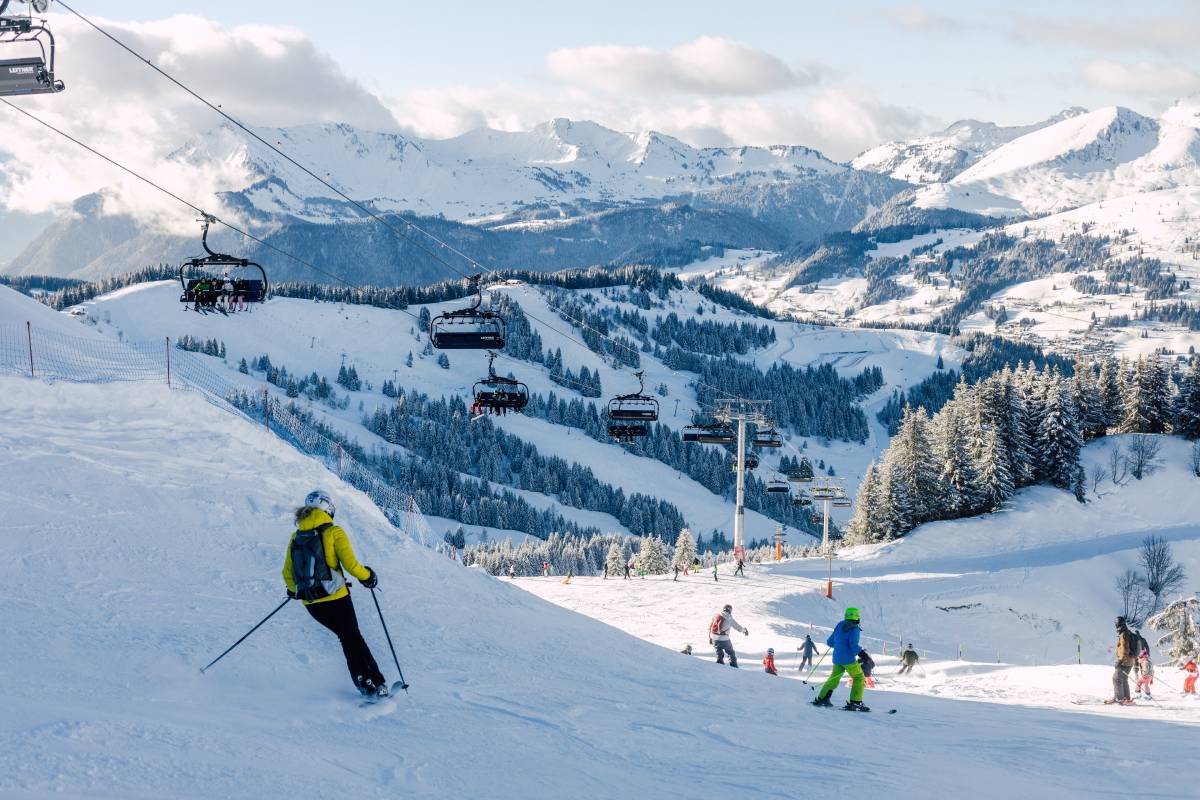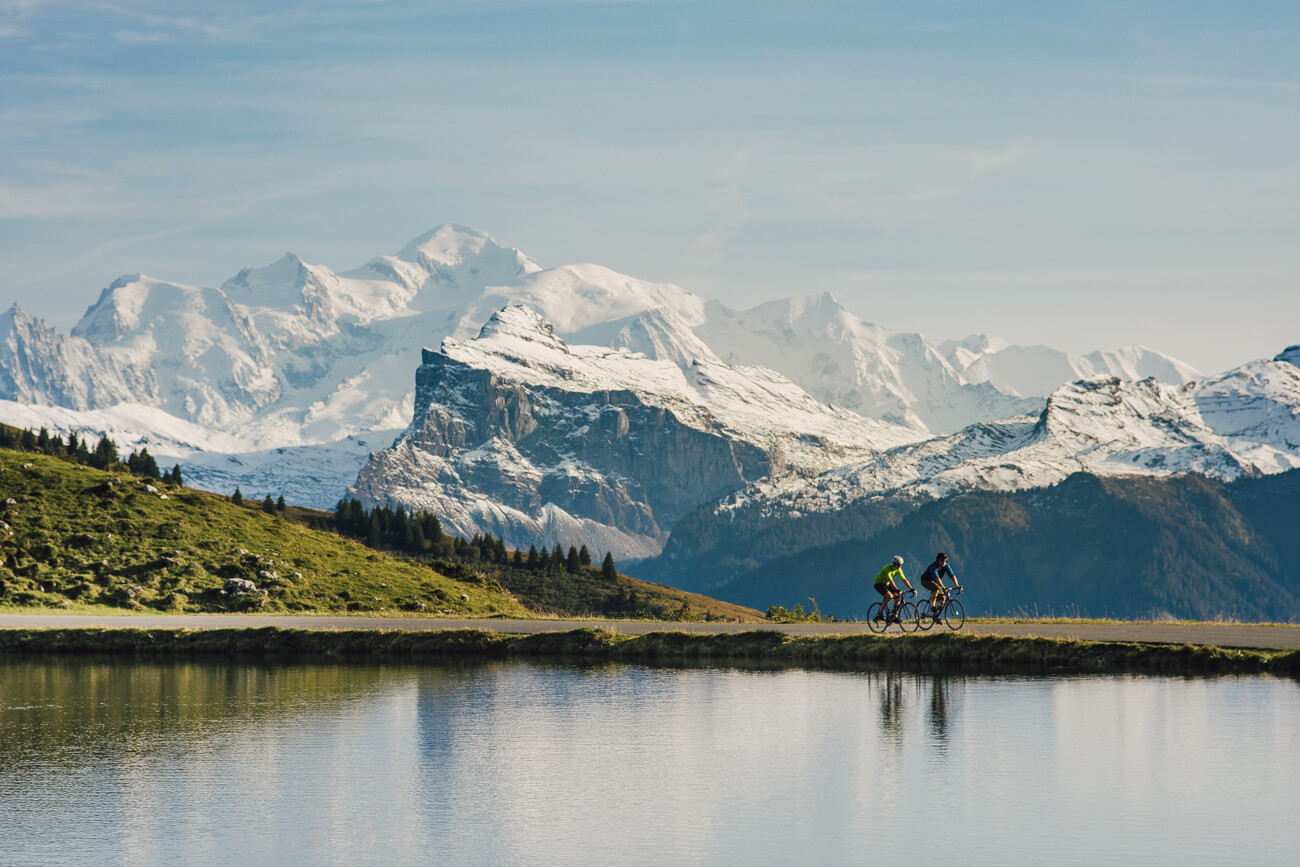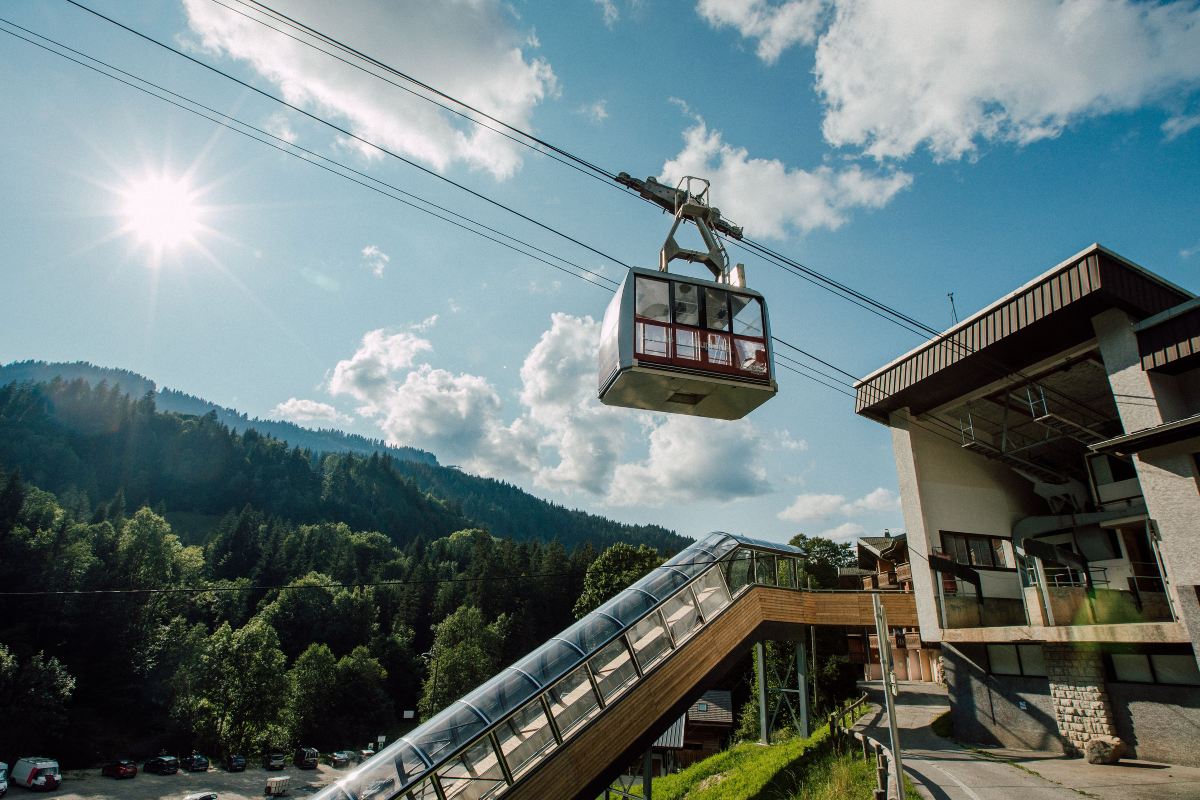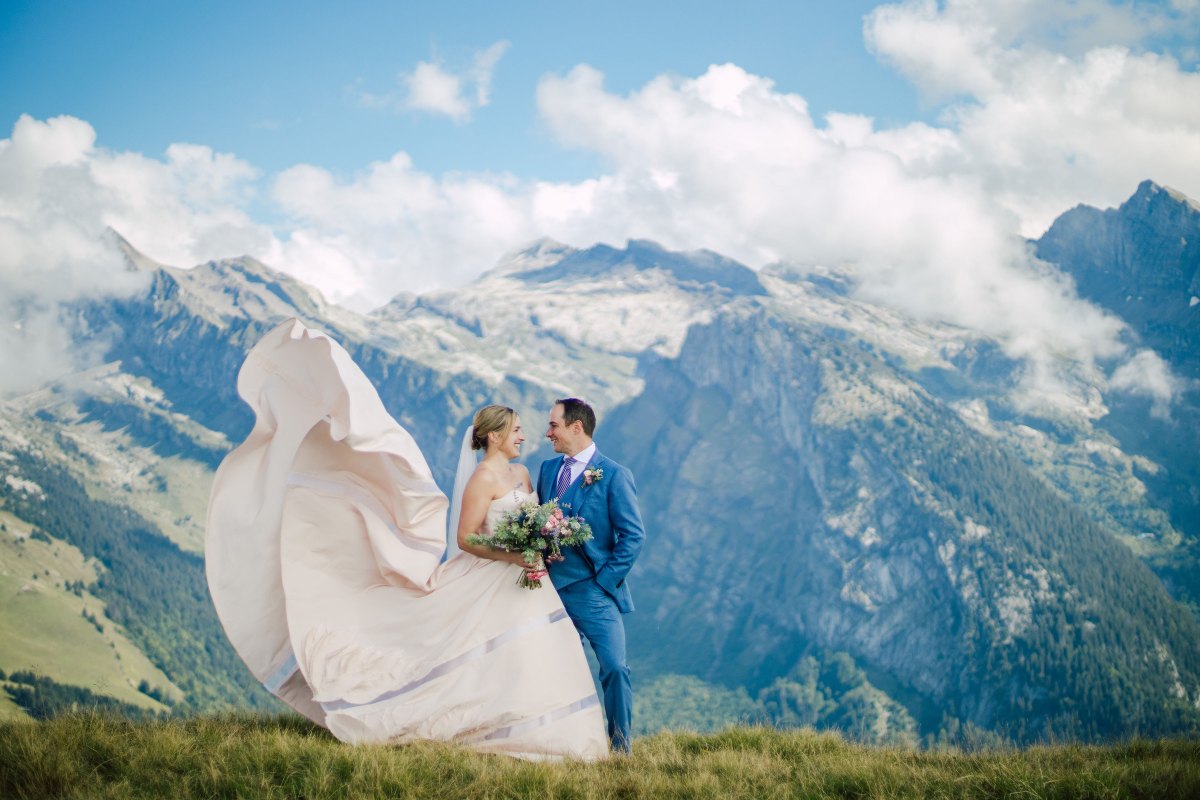Hiking in the Alps: Important Safety Tips & Essential Gear Checklist
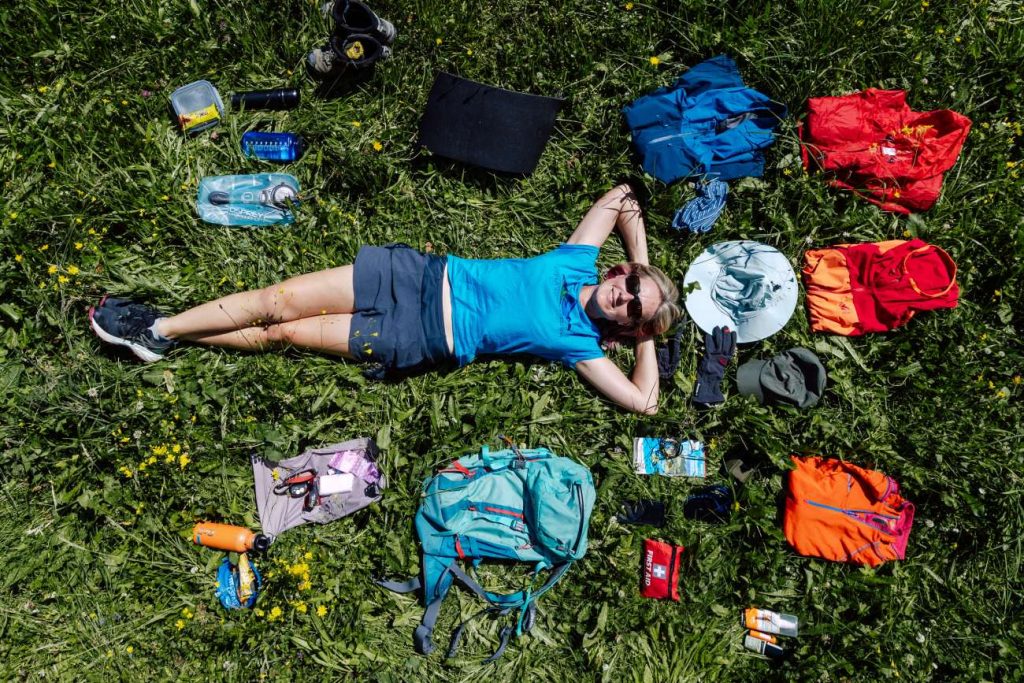
Hiking in the Alps. One of the most popular, invigorating and awe-inspiring things to do in our magnificent mountain range. But hiking in the mountains is quite literally no walk in the park. There are some serious things to consider before you head off on a five hour hike in the mountains to make sure you stay comfortable and keep safe.
Vivian from DaysAway Adventures has very kindly collaborated with us on this blog and together we have created a total guide to hiking in the Alps. This includes some important safety tips to consider and a comprehensive list of essential items you will need before you go.
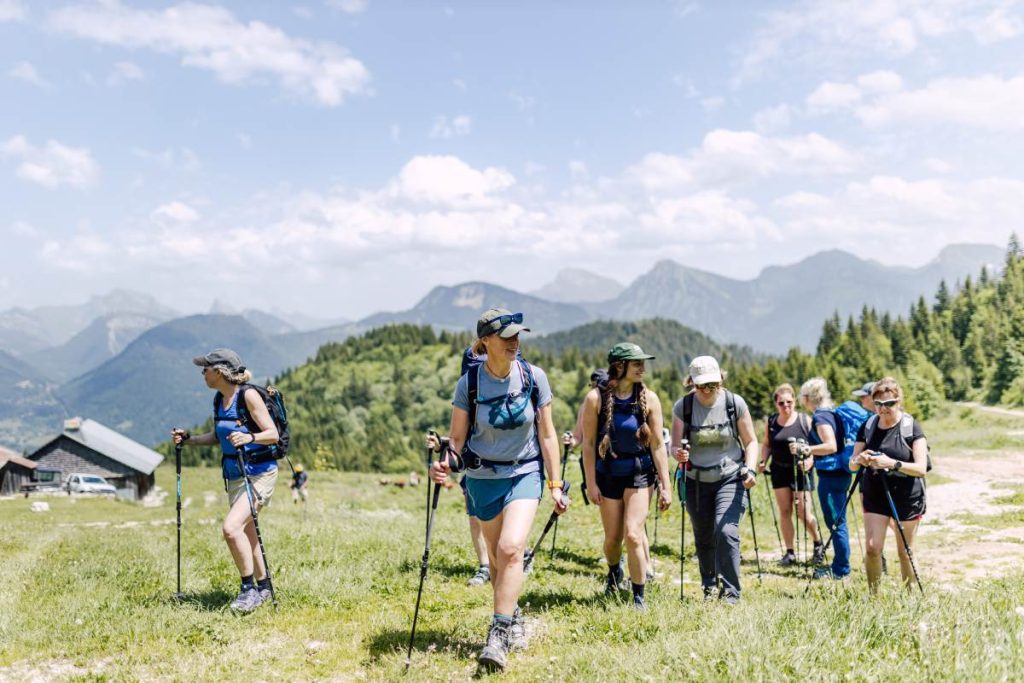
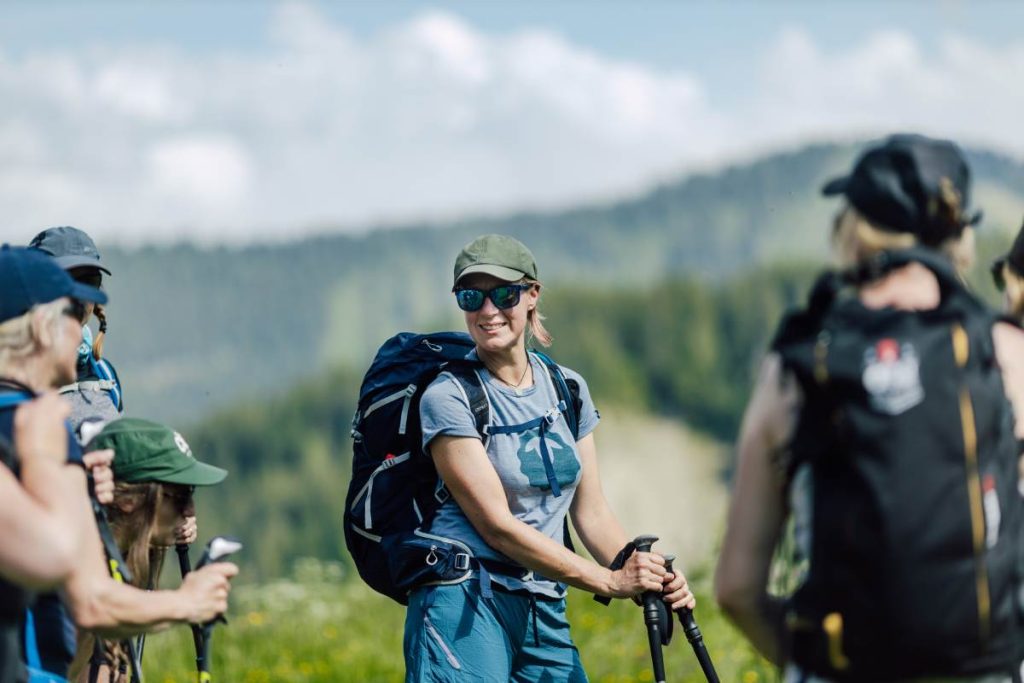
Both Vivian and Jason at DaysAway Adventures are extremely experienced and highly qualified hiking guides and we are very grateful for Vivian’s words of wisdom! If you are looking for a wonderful company to guide your hikes when visiting us in Morzine, we highly recommend DaysAway Adventures for the job.
Hiking Safety Tips
People can sometimes forget that hiking comes with its own risks and hazards – especially if you are walking on mountain trails that are new to you. Here are four important safety tips to follow when hiking in the Alps (or anywhere really!):
Tell somebody: Rule number one of hiking in the mountains, or anywhere remote, is to tell someone where you are going. You should tell them the route you intend to take and how long you expect to be.
This is so people will be aware that you are missing should anything go wrong! For example, if you get lost or you injure yourself and don’t return within your timeframe, the person you’ve told can send out help. Telling someone with access to the local number for mountain rescue or the ability to help you first hand will speed the process up even more.
Check the weather: While you may wake up to clear blue skies and pleasant temperatures, the weather in the Alps can change suddenly. Check the weather forecast to ensure you have a rough idea of what the weather is set to do throughout the day. This way you can avoid getting caught in an afternoon thunderstorm or struggling to see on your way down the mountain in thick fog!
Plan your route: Route planning is an essential when it comes to hiking. Not only will it allow you to plan the distance according to your time frame and fitness level, you will also be able to gain an understanding of terrain, elevation and landmarks to look out for if you accidentally get lost. Knowing your route, the start and finish points and the hazards you might face will help others if they have to come out and find you.
Take all of the essential hiking gear in our list below: This one is self-explanatory and we highly recommend you use our checklist below to ensure you have the best and safest hiking experience in the Alps.
Hiking Essentials: What Gear to Take on Your Hike in the Alps
With the help of Vivian, we have put together a comprehensive list of the items we consider essential when you are preparing to go hiking. These are going to help you out in multiple ways and really shouldn’t be skimped on. We have also thrown in some extra recommendations at the end, depending on different scenarios and how dedicated you are to the cause!
A Comfortable Rucksack
A fundamental hiking must have, your rucksack needs to be big enough to fit everything in but also needs to fit you. If you are hiking infrequently this doesn’t matter as much but if you are an avid outdoor explorer it is really important your bag is comfortable.
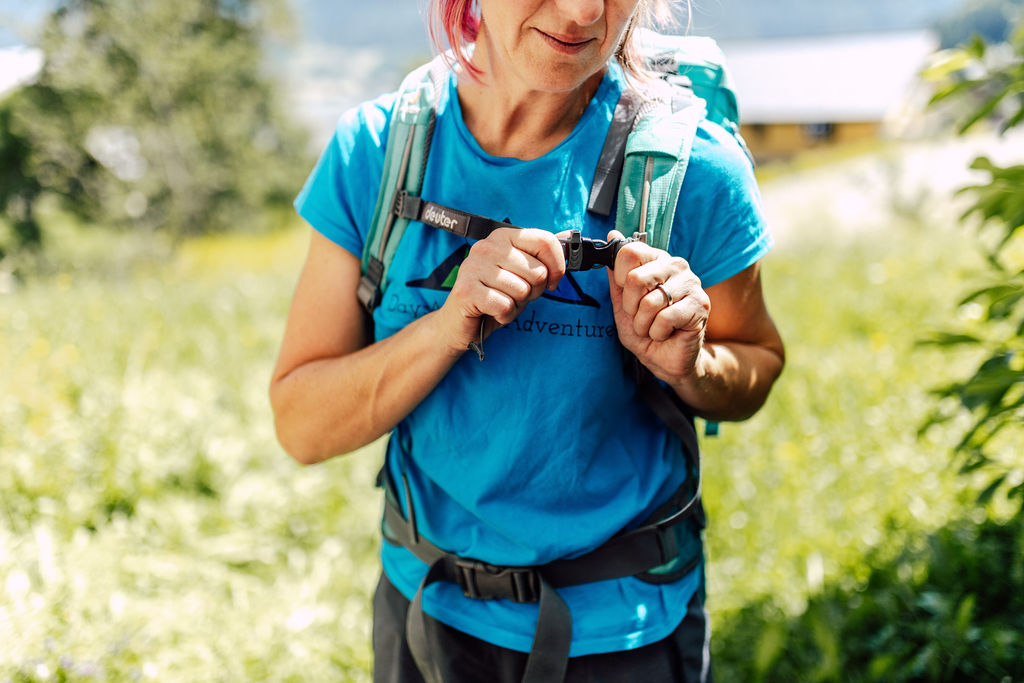
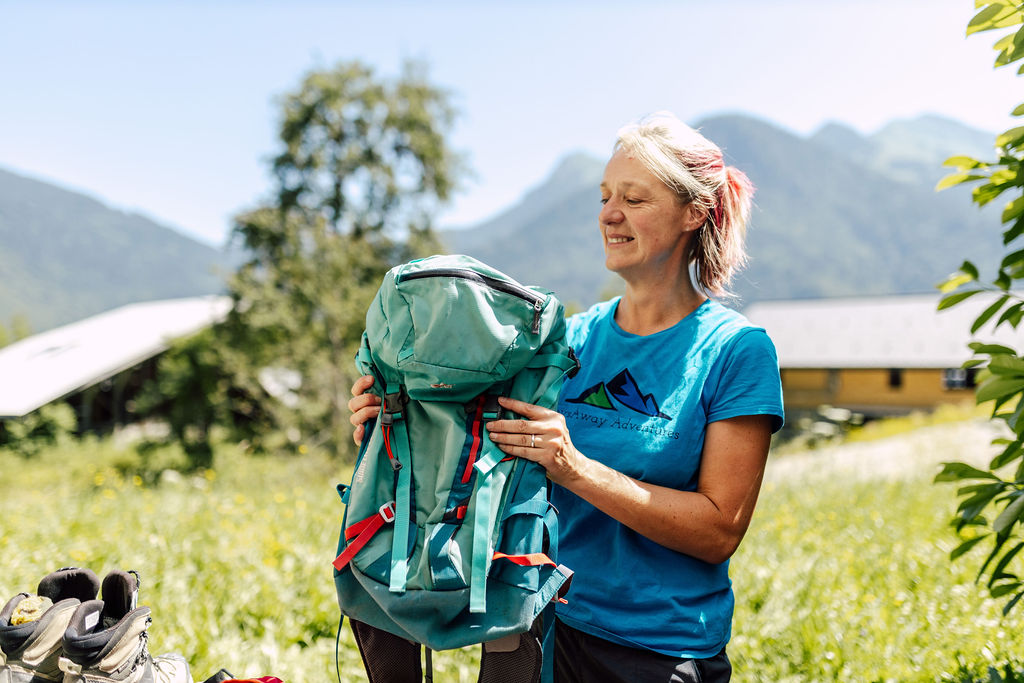
If you hike with an ill fitting bag then you might find yourself getting extra sweaty or your shoulders starting to chafe. To find a rucksack that fits you well you need to look at factors such as the back length and whether it is a good size for your body. We also really recommend using a rucksack with a waist or hip strap, as well as a chest or shoulder strap. This will distribute the weight of the bag and ensure it stays on your shoulders!
Hiking Shoes
Having good walking boots is really important.You want your hiking boots to have an excellent sole for a really good grip incase of slippery surfaces or bad weather. The fit is also crucial and when you are trying your shoes on in the shop you should take the time to walk around in them for 20 minutes or more. This is to make sure they dont rub when your feet get warm and expand a little bit.
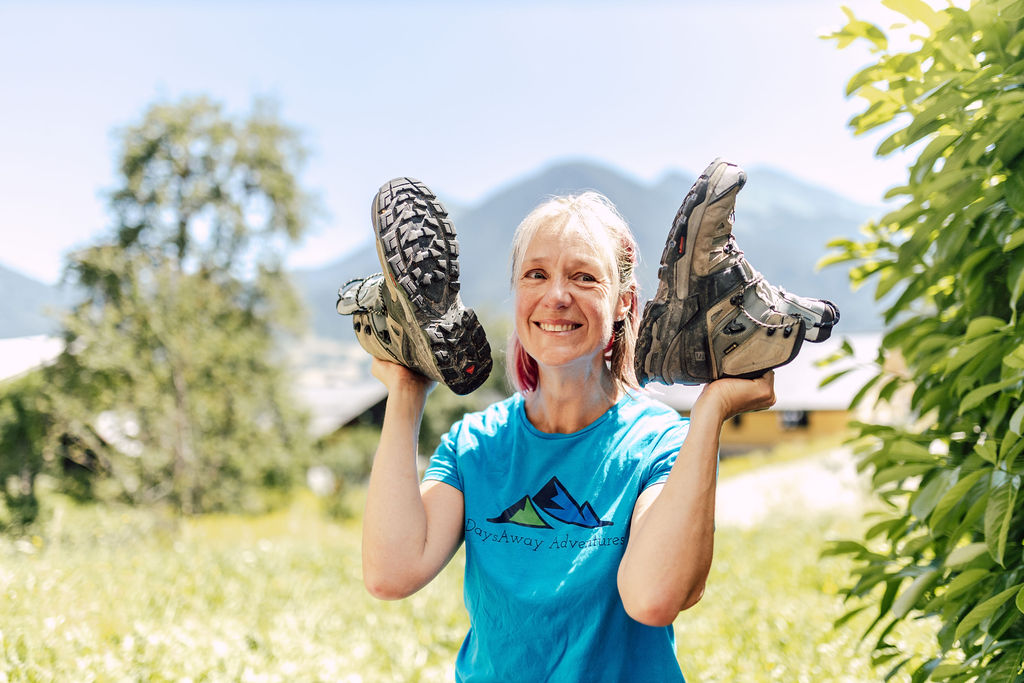
It is also really helpful to have some sort of ankle support in the design of your boot, for when terrain is rough and rocky as it is in the alps. This will help prevent twists and sprains, since your ankles are pretty prone to injury and, though it may seem obvious, knowing how to do up your hiking boots properly is vital too!
Waterproof shoes are nice to have but not really necessary for summer in the Alps. If anything, not having waterproof boots in summer will help with ventilation and keep your feet cooler when it’s hot.
Water
It might seem obvious but taking enough water with you is an absolute essential when it comes to hiking. Vivian recommends taking at least 1.5L of water per person per half a day of walking – and that’s a minimum!
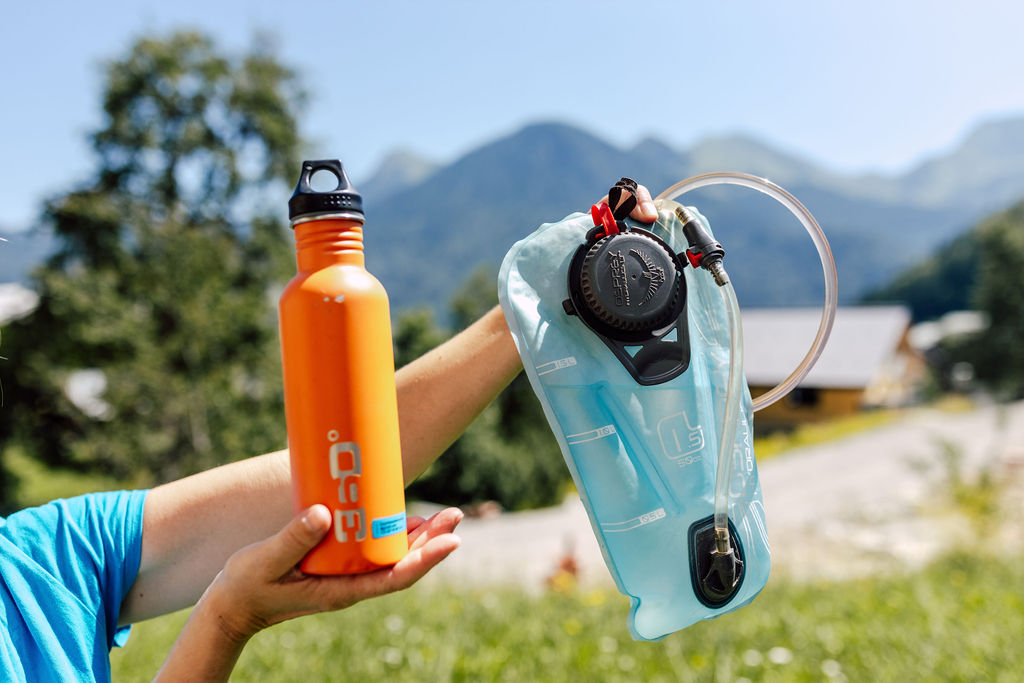
Summertime in the Alps can reach some pretty high temperatures and when you combine that heat with hiking you’re going to sweat out a lot of fluid. This means you have to replace those fluids by drinking a lot of water, otherwise you might end the day dehydrated, headachey and unwell.
Don’t be afraid of having to go for a wilderness bathroom break, that is part and parcel of hiking and it is much more important that you stay hydrated!
You have a couple of options when it comes to carrying water:
- Firstly you can carry a large water bottle but this can be a hassle everytime you need a drink as you will have to stop to take it out of your rucksack.
- DaysAway Adventures recommends the better option, especially for longer hikes, is a water bladder. This is a thick plastic sack that goes inside your rucksack with a tube and mouthpiece that comes out the top of your bag. Using a water bladder means you can easily sip on water as you hike. The downside being you can’t see how much you’ve drunk.
Food
Taking enough food to sustain you throughout the length of your hike is crucial. Make sure you pack plenty of snacks and a decent lunch if you plan to be out for the whole day. You will burn lots of calories whilst hiking in the Alps, so remember that food is fuel and you’ll need it to get home happy!
First Aid Kit
A first aid kit is a really important medical item to carry with you on all hikes and it is equally as important to make sure the kit you’re carrying is an appropriate size for the group of people you’re walking with.
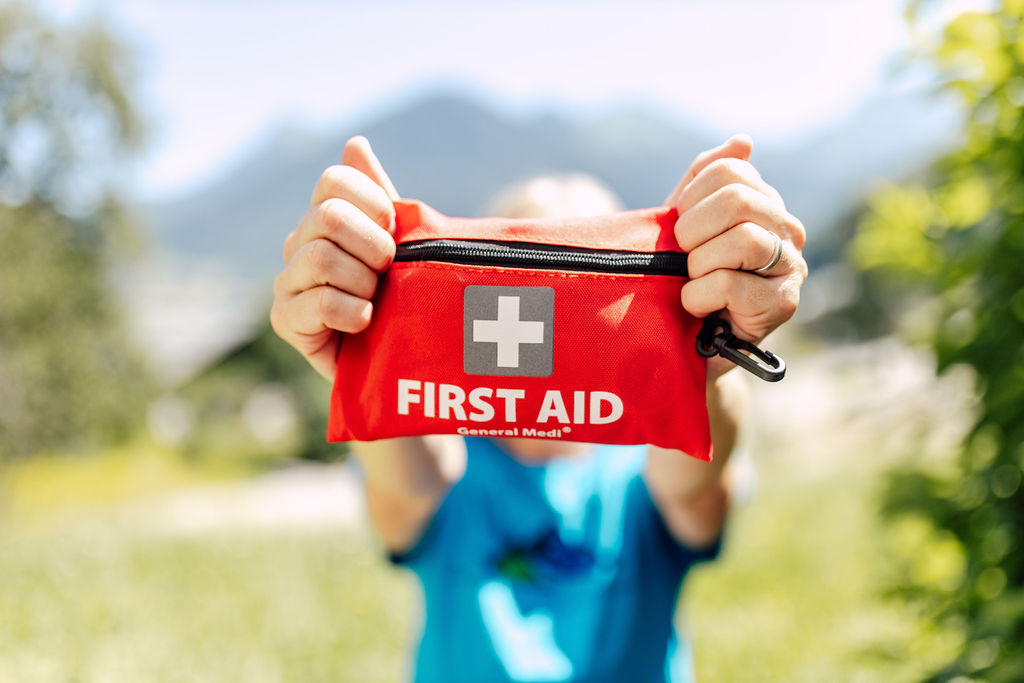
Important things to include would be:
- Blister prevention plasters
- Plasters for small cuts and grazes
- Antiseptic wound cleanser
- Large bandages
Sun Hat
Another essential thing to take with you on your hike is a sun hat. Wearing a sun hat is so simple and yet it will stop you from burning your scalp, face and neck and will also help prevent sunstroke.
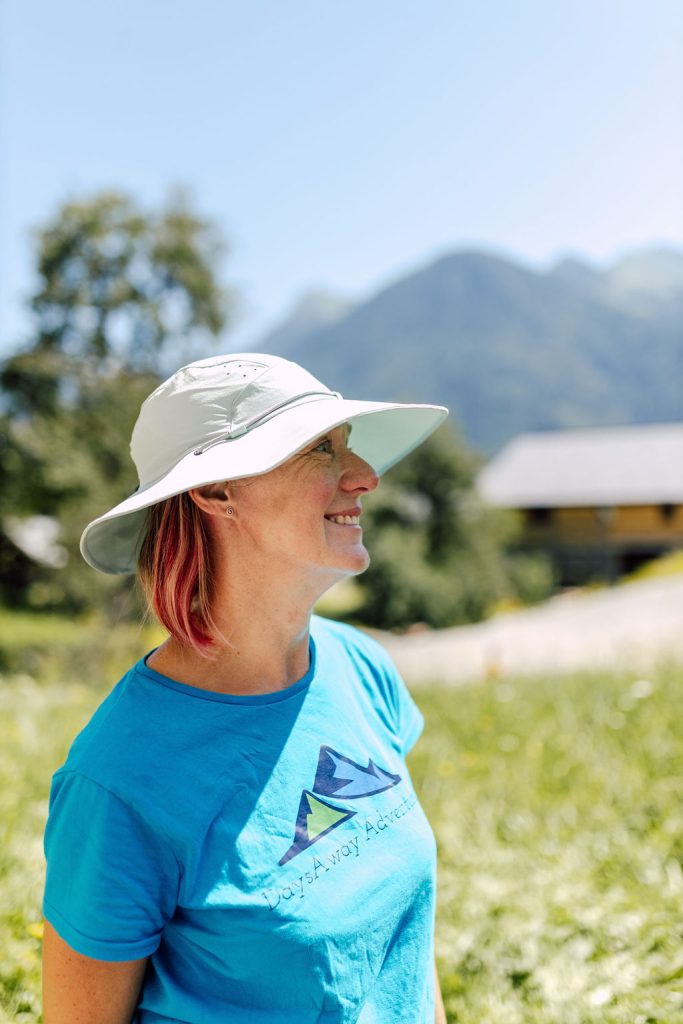
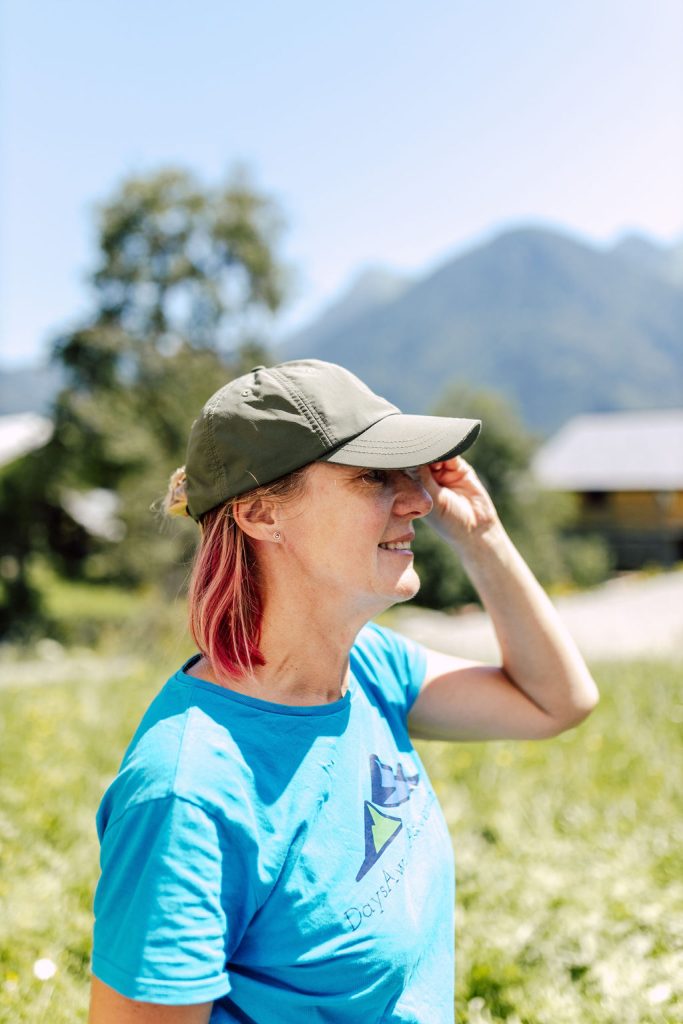
UV is no joke and really should be taken seriously since sometimes you won’t know how exposed the trail is going to be! Vivian recommends a full brimmed sun hat which will protect both your neck and your face but a regular baseball cap will do.
Sunglasses
It can get really bright in the hot summer months and when you’re up in the mountains the sunlight will reflect off of rocky surfaces and vegetation. Not only will sunglasses help you see whilst you’re out hiking but they will help protect your eyes so they don’t feel sore when you get back at the end of the hike.
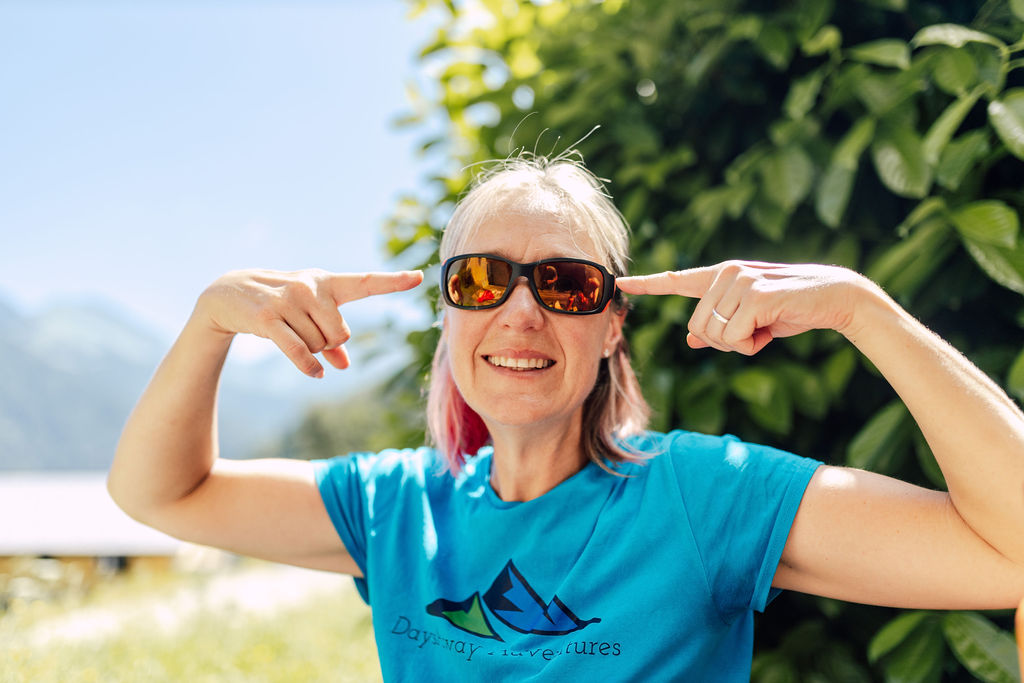
Vivian recommends category 3 level sports sunglasses as a minimum, they are wrap-around, super comfy and effective for keeping the sun out entirely. Vivian wears category 4 because she’s out everyday and believes they are a very important accessory for hiking.
Sunscreen & Insect Repellent
Not only does it get incredibly hot in the Alps in summer, the UV in the sun’s rays are intensified because you are at altitude. Everyone is starting at 1000m above sea level in the Alps so a high factor sunscreen is a must and we recommend spf 50 or higher.
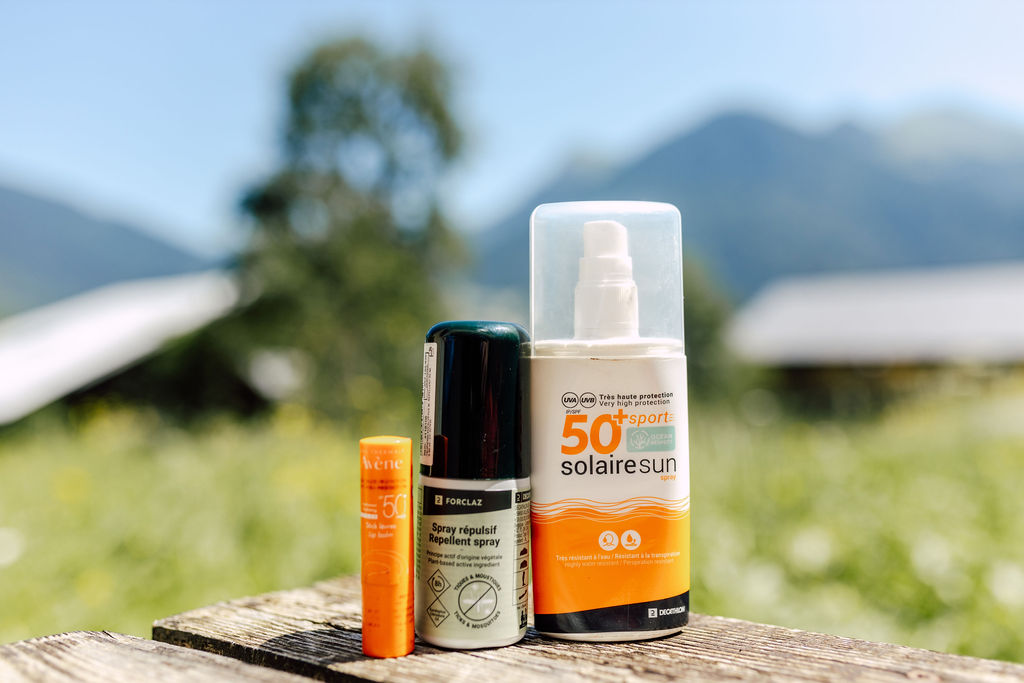
There are some excellent high coverage sun creams out there and Vivian highly recommends a sport specific formula which is sweat resistant. Be sure to cover your face, neck, back of your neck, shoulders and chest as well as any other part of your body exposed to the sun. A spot people often forget is the back of your hands when hiking with poles. Also try and remember to reapply your suncream frequently
Factor 30 0r 50 lip balm is also a great idea to prevent severe discomfort from burnt lips! As well as this, Insect and tick repellent is also a great addition to your hiking checklist because flies and ticks are at large in the summer months.
Extra layer
Even if the weather is really hot or doesn’t look set to change it is still a really good idea to carry an extra layer in your rucksack. This extra item can come in handy in multiple scenarios.
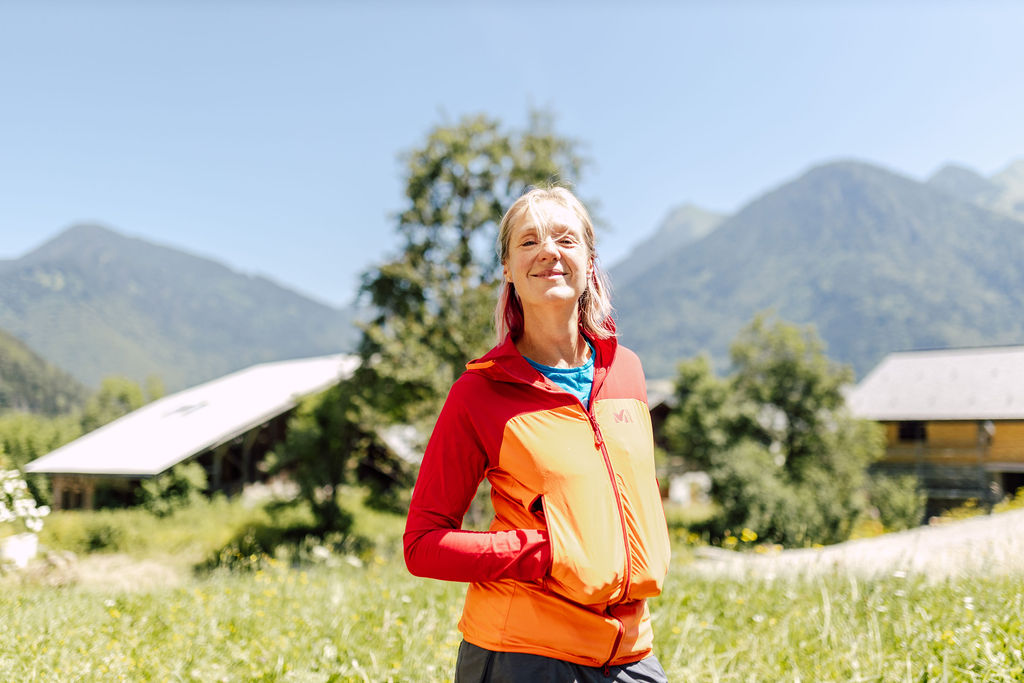
Preferably you should opt for a windproof layer as it can get really windy if you are hiking a peak or walking up to a higher elevation. This can lead to an unpleasant chill if you aren’t wrapped up or if you’ve been sweating on your ascent.
Remember also, the weather can turn suddenly in the Alps and you will never regret having an extra layer to keep you warm (especially on your way down!).
Map (printed or on an app)
Local maps are an absolute must have when you go hiking in the Alps. Whether it’s a printed map or a downloadable one.
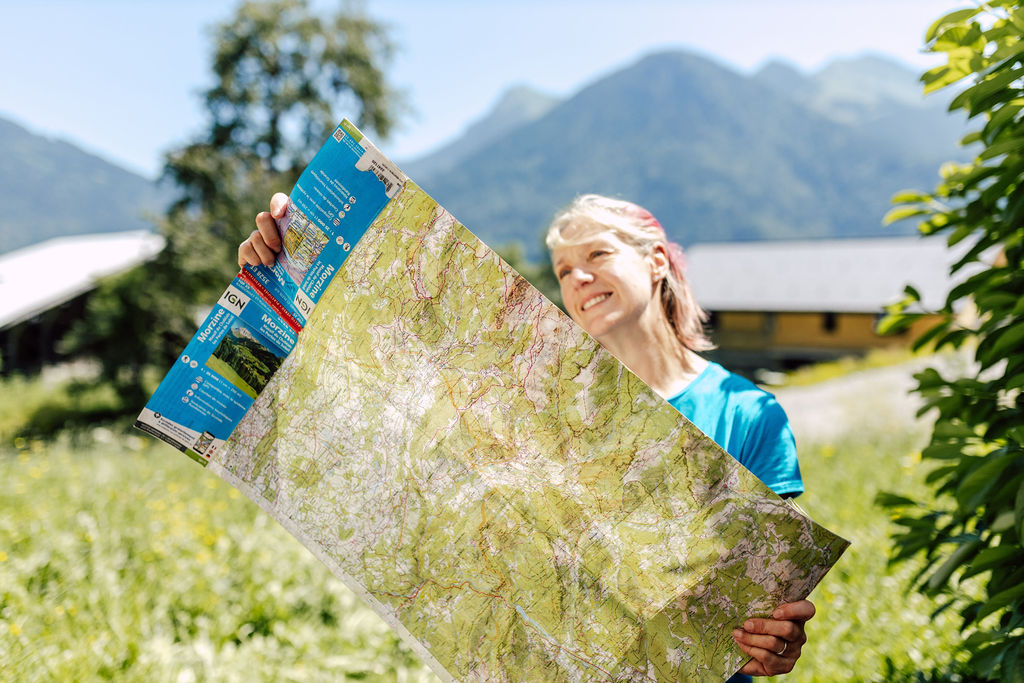
Phone apps are really fun because you can track your route, see where you’ve been and how far you’ve come. A couple of good map apps to download include:
- Alltrails
- Mapsme
- Strava
- Outdoor Active
- Komoot
- FATMAP – we love FATMAP, they’re based in Chamonix and their software allows you to do a 3d fly through of your intended hike, so you can plan your route based on elevation gain and various other factors!
We also love an old fashioned printed map at The Farmhouse, and you can purchase one for the Morzine area (blue IGN) from all of the supermarkets or our local bookshop. If you are using a downloadable map we still recommend having a backup paper map as well, in case you lose signal on your phone or your battery dies etc.
Maps are incredibly handy and help with much more than navigating. In France walking paths are generally the pink lines on a map and they are usually very well marked. Trail signs will often point you in the correct direction as well as giving you an approximate time to destination!
Printed maps will also show places to park, picnic benches for lunch breaks, mountain restaurants (which you can’t always rely on being open), refuges and forested areas – so you can plan shaded walks for hot days.
We always recommend having a look at a map in advance to gauge the terrain and where you are and are not allowed to hike. We are happy to give you any extra advice you need to go hiking when you stay with us here in morzine!
Recommended Hiking Gear
Now you’ve got your essentials sorted, here are some recommended items that will mean you’re even more prepared and will make your hike even more enjoyable:
Walking Poles
Walking poles can be a very handy addition to your hiking trip. They are great for hiking up and down hills, as they give you a helpful push as you ascend and then help to stabilize you on the way down. Vivian recommends asking for professional advice when you purchase your poles to help you understand how to use them properly.
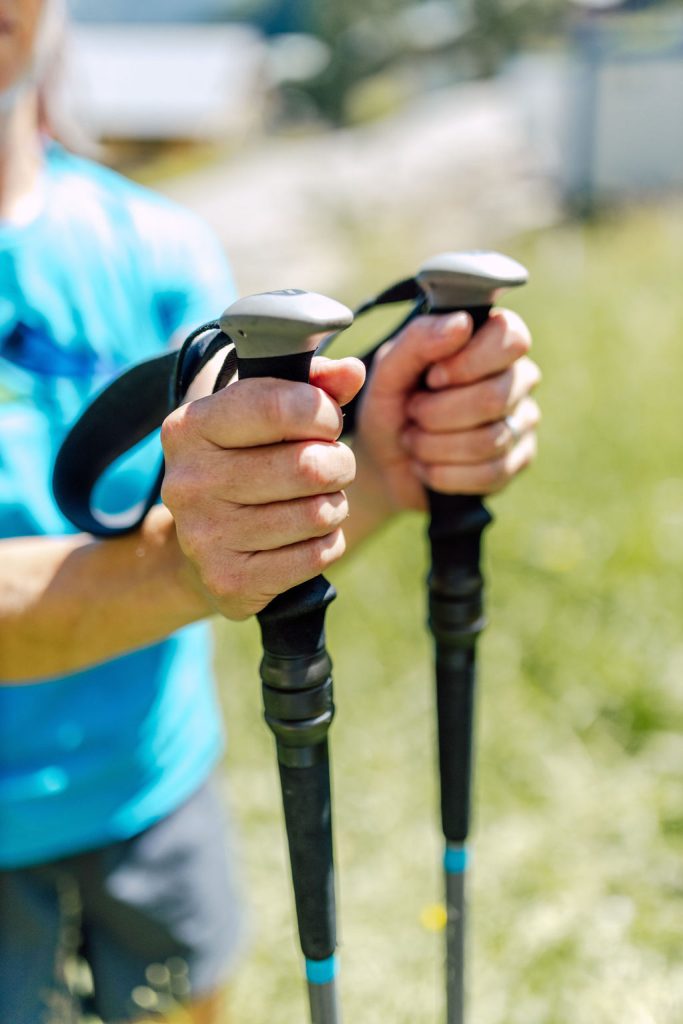
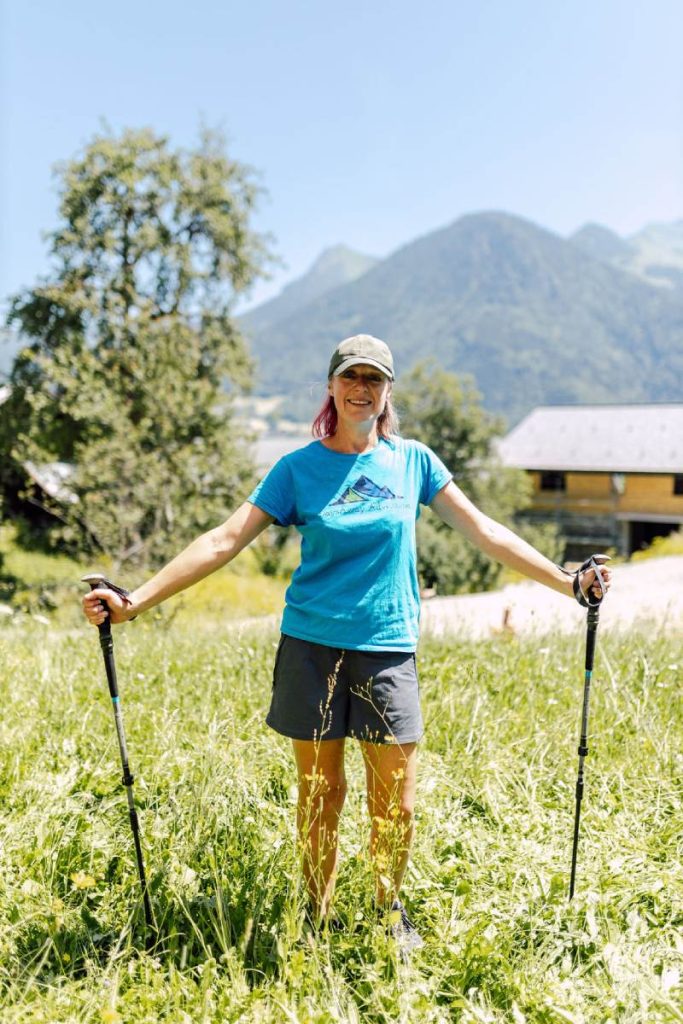
The main thing, however, is to ensure your poles are set at the right height for your body. As a general rule of thumb your elbows should be bent at 90 degrees as you hold the grips at the top of the poles. A top tip Vivian mentions is to remember to remove the rubber plugs at the end of your poles before you start your hike, as that will reveal a sharp spike that is designed to anchor you to the ground!
Poncho
A poncho is a really good idea to carry in the Alps, especially in the summer when you can get sudden rain showers.
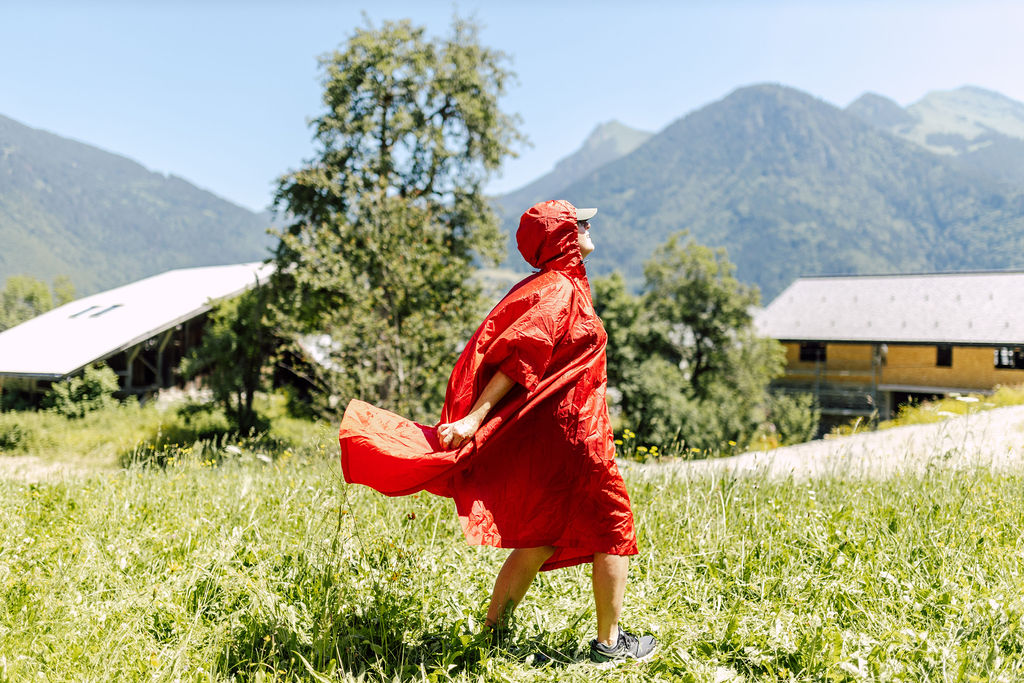
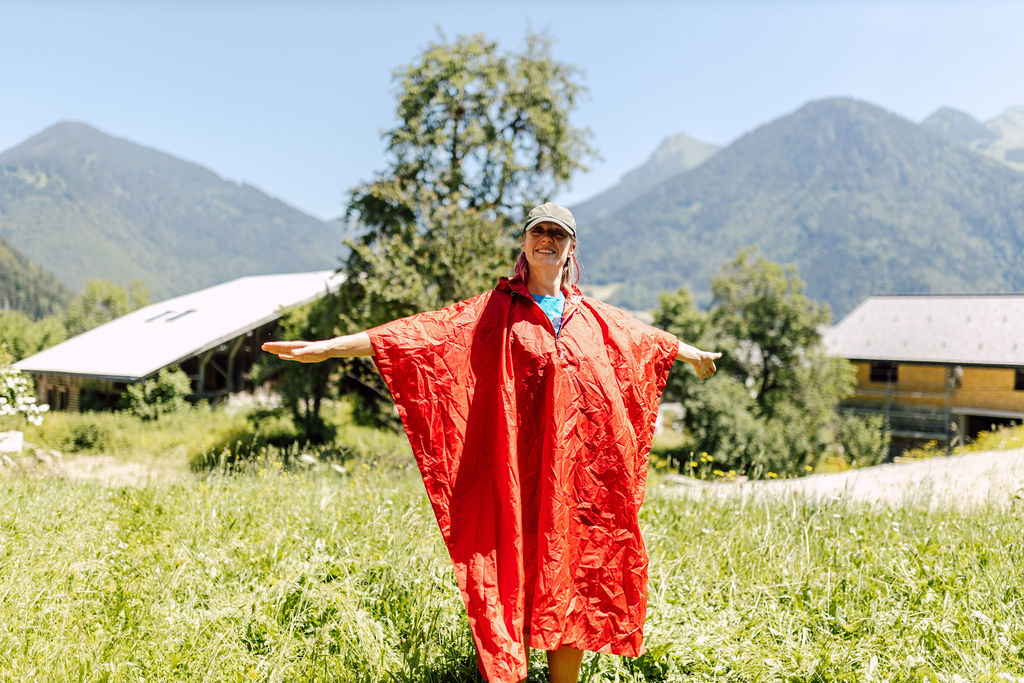
A light waterproof jacket is also really helpful but a poncho is super lightweight, cheap, covers your rucksack and folds up nice and small. Plus it’s a bit like wearing a cape so you feel like a superhero, and who doesn’t want that when they’re climbing mountains?!
Binoculars
The Alps are home to some of the most fantastic wildlife in Europe, including birds of prey, mountain ibex and chamois. Having a pair of binoculars will elevate your wildlife watching experience and prove a very helpful tool to carry.
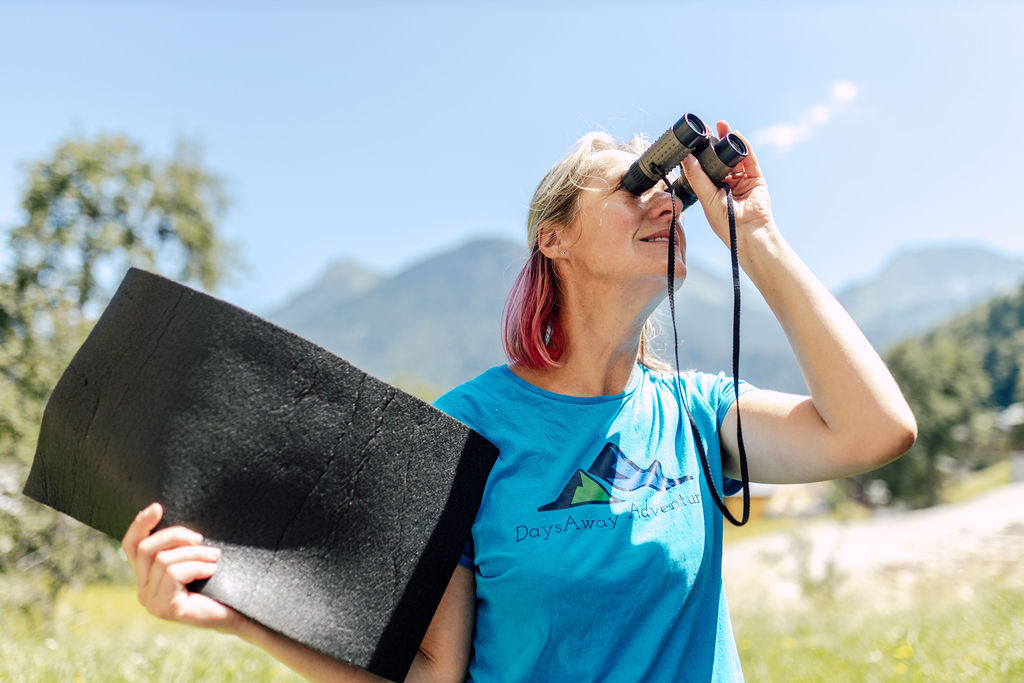
Sitting Mat
This is a luxury item that you might thank us for later. If you’re hiking through the mountains you will cover a fair amount of stoney terrain and when it comes time for a break then you will find yourself in a far more comfortable situation with a mat to sit on. Not an essential but definitely a nice touch.
Emergency Snack
Having an emergency snack is always helpful in case you end up being out longer than you intended or simply didn’t bring enough food to begin with. You use up more energy than you’d think out hiking and having a spare snack can really come in use. Plus, if you don’t eat it on your hike then it’s a bonus treat for when you get home!
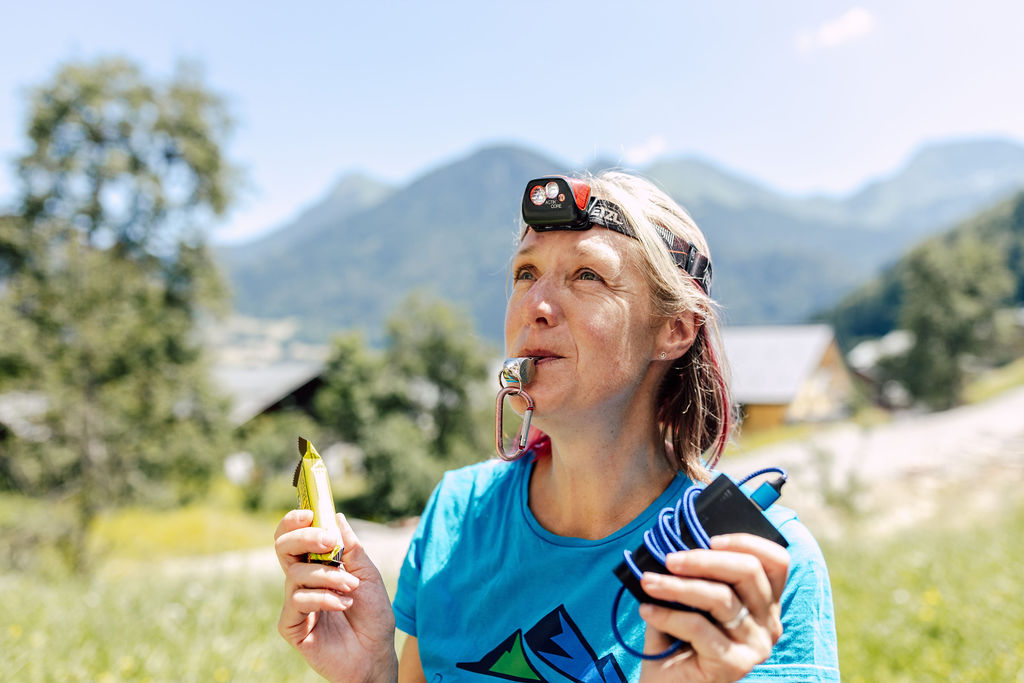
Head Torch
A head torch will definitely help if you end up out hiking later than you expect. Whether you go out for a sunset hike or get stuck on your way down, being able to see where you’re putting your feet will really benefit you and your ankles! If you are hiking later in the year or nearing the end of the day, Vivian recommends checking sunset times so you don’t get caught out.
Whistle
A whistle is a small but mighty thing to have on hand in case of emergency. For example, if you’re hiking alone or become separated from your group, and you have a fall, a whistle will carry further than shouting. Blowing on your whistle will alert others around you to come to your aid and could seriously get you out of trouble.
Charger or Battery Pack
A battery pack to recharge your phone is a really useful item to have when going on long or overnight hikes. You may need your phone in an emergency so of course you will need to make sure it is charged. Or, if you are using a virtual map, you don’t want your phone battery to run out and leave you unsure of the route (see carrying a paper map just in case).
Finally, if you’re staying overnight in a refuge or area that doesn’t guarantee access to electricity then you’ll be grateful for a battery charger for your phone, headphones or any other electrical device you may have brought.
Dog food and water
Don’t forget to think about your four legged friends when out hiking. If you need food and water on your hike then so does your pup!
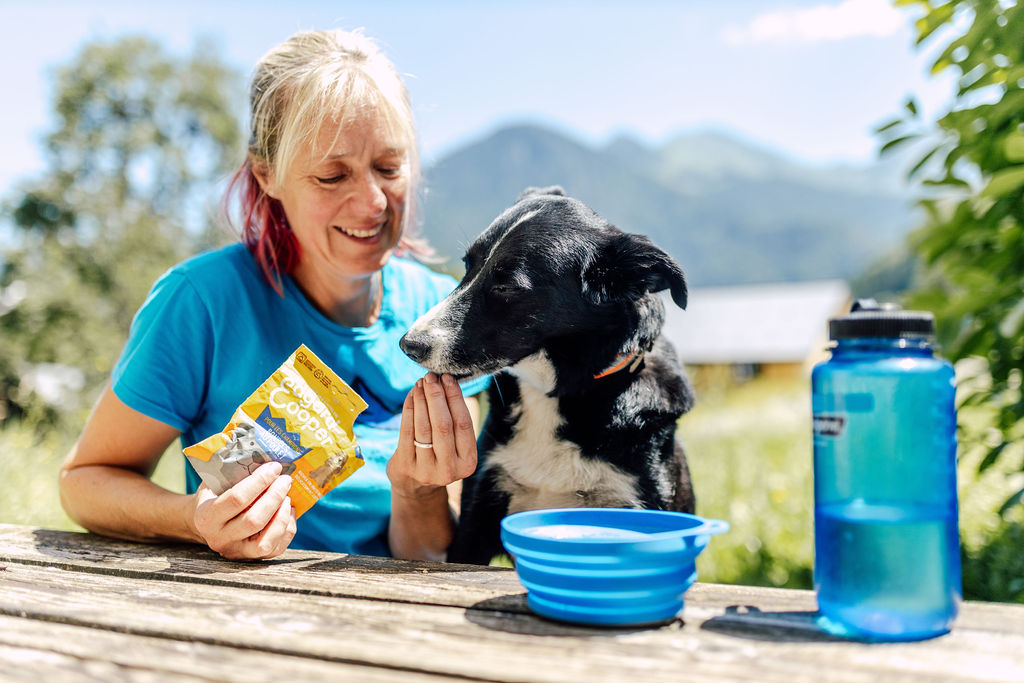
Carry treats and an extra water bottle in case you don’t come across any streams or water sources out on your trail and consider a compactable bowl for them to eat and drink from.
Stay Safe and Rest in Comfort when Hiking in the Alps!
Here at The Farmhouse we want more than anything for you to enjoy your time in the Alps. We highly recommend you take on Vivian from DaysAway Adventures’ advice to make sure your hiking trip goes to plan.
If you are looking for the perfect place to stay whilst you hike through the stunning landscape of the Alps, we would love to have you here at The Farmhouse in Morzine.
We are a charming and friendly hotel, perfectly located in the center of Morzine with access to some of the world’s most beautiful mountain and forest trails.
